Implementing crisis system interventions
Tips for Successfully Implementing Crisis Stabilization Units (NEW)
By The CSG Justice Center
A growing number of jurisdictions are creating crisis stabilization units (CSUs) to provide officers with an option to link people to the most appropriate supportive services, help reduce arrests, and improve outcomes for people with behavioral health needs. This brief provides an overview of CSUs for criminal justice professionals and offers universal, practical tips to design and operate a successful CSU.
Developing and Implementing Your Co-Responder Program
By The CSG Justice Center
Many law enforcement agencies are beginning to seek out alternatives to arrest or hospitalization to position their officers for success in mental health calls and to help ensure best outcomes for the people in need. One growing approach is by pairing health care professionals with law enforcement officers to respond to these calls through police-mental health collaboration response models known as co-responder teams. This 2-page brief describes the basic components of co-responder programs and offers 4 practical tips to start and successfully implement your own.
How to Reduce Repeat Encounters: A Brief for Law Enforcement Executives
By The CSG Justice Center
Law enforcement agencies across the country are facing the challenge of how to efficiently respond to people their officers frequently encounter and spending an enormous amount of time and resources ineffectively responding to these individuals. Often known as “high utilizers,” these individuals are typically well known to law enforcement agencies and many times have serious mental health concerns, substance use disorders, and other significant health and social service needs. Developed with funding support from BJA, this two-page brief provides practical steps law enforcement executives can take to address and improve outcomes for people who are high utilizers in their jurisdiction.
How to Successfully Implement a Mobile Crisis Team
By The CSG Justice Center
As officers are increasingly tasked with responding to people in crisis, jurisdictions are seeking ways to support their law enforcement agencies while also addressing their crisis system needs. For many communities, mobile crisis teams—trained health professionals who can provide on-the-scene crisis assistance—are a great option. These responders often reduce reliance on traditional criminal justice measures such as arrest and citations and reduce transfers to emergency rooms. This brief provides an overview of mobile crisis teams and offers four tips to ensure their success.
Advancing the Work of Peer Support Specialists in Behavioral Health-Criminal Justice Programming
By The CSG Justice Center
Peer support specialists are often asked to draw on their lived experience with behavioral health conditions and criminal justice involvement to support participants of behavioral health-criminal justice programs. This experience allows them to offer inspiration and model positive behaviors, as well as connect people to needed supports and lead recovery groups, among other benefits. At the same time, implementation challenges can limit their effectiveness. The CSG Justice Center interviewed peers who work with three Justice and Mental Health Collaboration grantee programs to better understand how to overcome these challenges. This brief highlights four key strategies gleaned from these interviews, that can be used to advance the work of peer support specialists.
University of Cincinnati Program Evaluations
The University of Cincinnati has summarized the research to date on the impact of crisis intervention teams, co-responder programs, law enforcement-based case management services, law enforcement assisted diversion, mobile crisis teams, crisis resolution and home treatment teams, and EMS and ambulance-based responses. Each guide lifts up best practices based on the available research literature.
The Community Responder Model
By The Center for American Progress
In this online brief, authors from the Center for American Progress and the Law Enforcement Action Partnership propose that cities establish a new branch of civilian first responders, known as “community responders.” The authors argue that community responders can be dispatched to two types of 911 calls: 1) lower-risk calls related to mental health, addiction, and homelessness and 2) calls related to quality-of-life concerns and lower-risk neighborhood conflicts (categories that include disturbances, suspicious persons, trespassing incidents, and noise complaints). The brief also describes how community responder models work and how they can be funded and offer next steps for communities to take if they wish to put in place a community responder program.
Responding to Individuals in Behavioral Health Crisis Via Co-Responder Models: The Role of Cities, Counties, Law Enforcement, and Providers
By Policy Research, Inc and National League of Cities
This 13-page brief describes co-responder models and their benefits. It also highlights unique co-responder practices and innovations being tried in communities, using numerous examples from cities across the country. It provides jurisdictions with a set of steps for moving forward, as well as links to additional resources.

